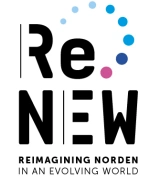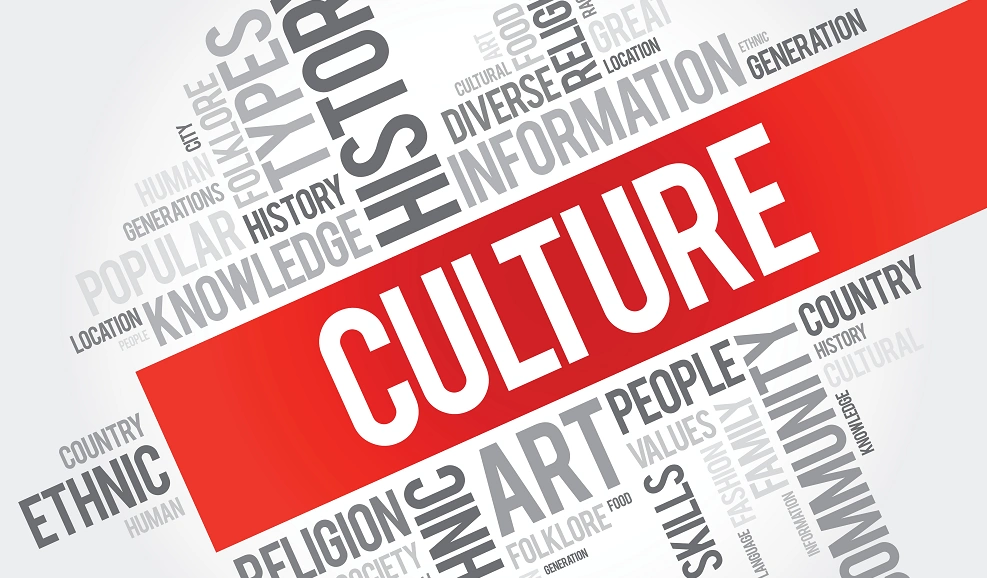Postcolonial theory is a school of thought that emerged particularly after the end of the Second World War and the looming dissolution of the European colonial empires. It analyses:
- how especially European colonialism and imperialism influenced the destinies of colonized countries and their societies,
- how this far-reaching and profound influence was possible,
- and how it created global conditions that ensure the continued hegemony of the former colonial powers in economy, politics, media, and in science - long after the dissolution of the colonial empires and the so-called protectorates.
Although historical colonialism is formally over, except for minor territories, the relations between the global North and the global South are still fundamentally shaped by a shared past and new patterns of colonization. In the sciences, persistent asymmetrical structures have been created - not necessarily based on better scientific arguments, but especially through raw power-political enforcement. To this day, Euro-North American knowledge systems are still regarded unquestioningly as "world standards", as can be seen, for example, in the calendar, time calculation, time zones, geographical divisions, names and images of the continents, physical units and designations, English as a lingua franca, concepts of modernity, ideas of progress, etc.
Western, i.e. North American and European thinkers and their theories, European history and interpretation of history, European academic media with their views on current events still dominate the international knowledge agenda today. This colonialist-based situation is supported by the power of academic publishing houses and journals whose boards continue to be dominated by representatives of the former colonial powers.
Cultural psychology, which since its beginnings has made it its task to enrich laboratory findings with findings from the natural ecology of human beings and to do justice to human subjects not only as natural beings, but also as socio-historical, biographical, and linguistic cultural beings, should not be blind to these contexts in which its own history and characteristics also operate. This meeting will therefore be dedicated to raising awareness of the far-reaching significance of this topic, illustrating it using examples from the psychological and social sciences and reflecting on the necessary consequences. The workshop will take the form of a “think-tank” activity, that is an informal and equalitarian discussion led only by intellectual curiosity and critical reflexivity.
The international workshop is funded by ReNEW-Reimagining Norden in an Evolving World:
- An Excellence Hub in Research, Education and Public Outreach – and by Challenges of Sustainability in Educational Research (COSER).
- The think-tank is organized by Luca Tateo, Department of Special Needs Education, University of Oslo; Pradeep Chakkarath and Jürgen Straub, Hans Kilian and Lotte Köhler Center (KKC) at the Research Institute for Psychoanalysis Ruhr-University Bochum; Ditte Winther-Lindqvist, UNESCO CHAIR in Early Years Education and Care, Aarhus University; and Jaan Valsiner, Center for Cultural Psychology at Aalborg University.
The think-tank will gather 30 participants in presence, but there will be the possibility of hybrid participation. If you are interested in joining online, please contact Luca Tateo.
hybrid participation. If you are interested in joining online, please contact Luca Tateo.

